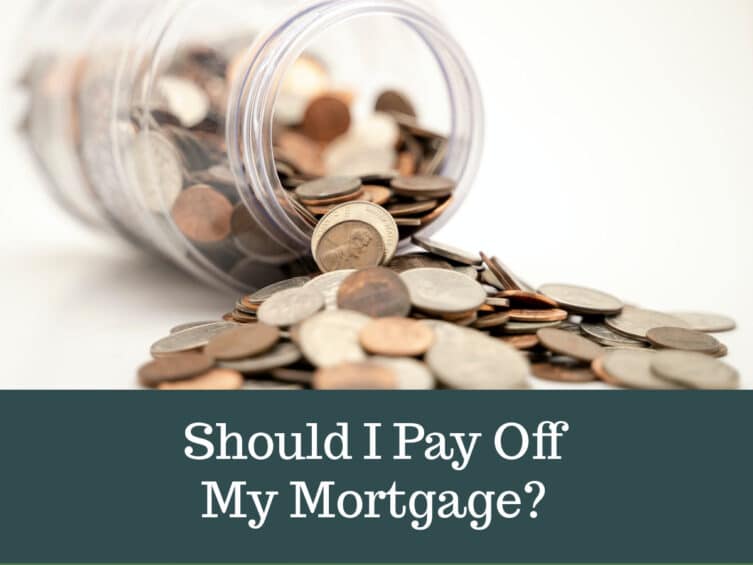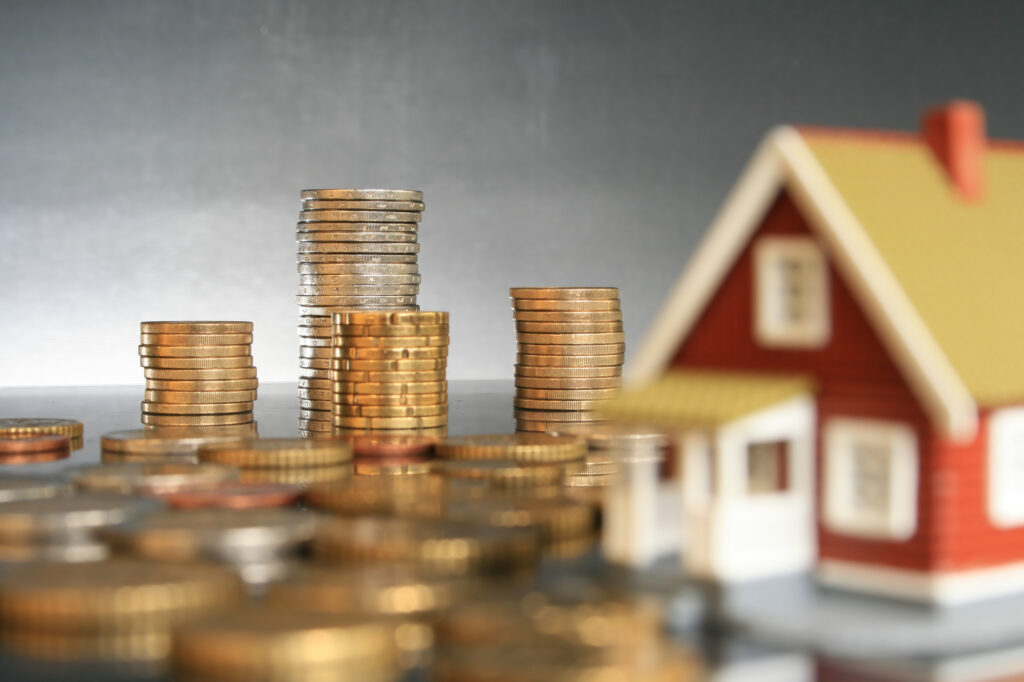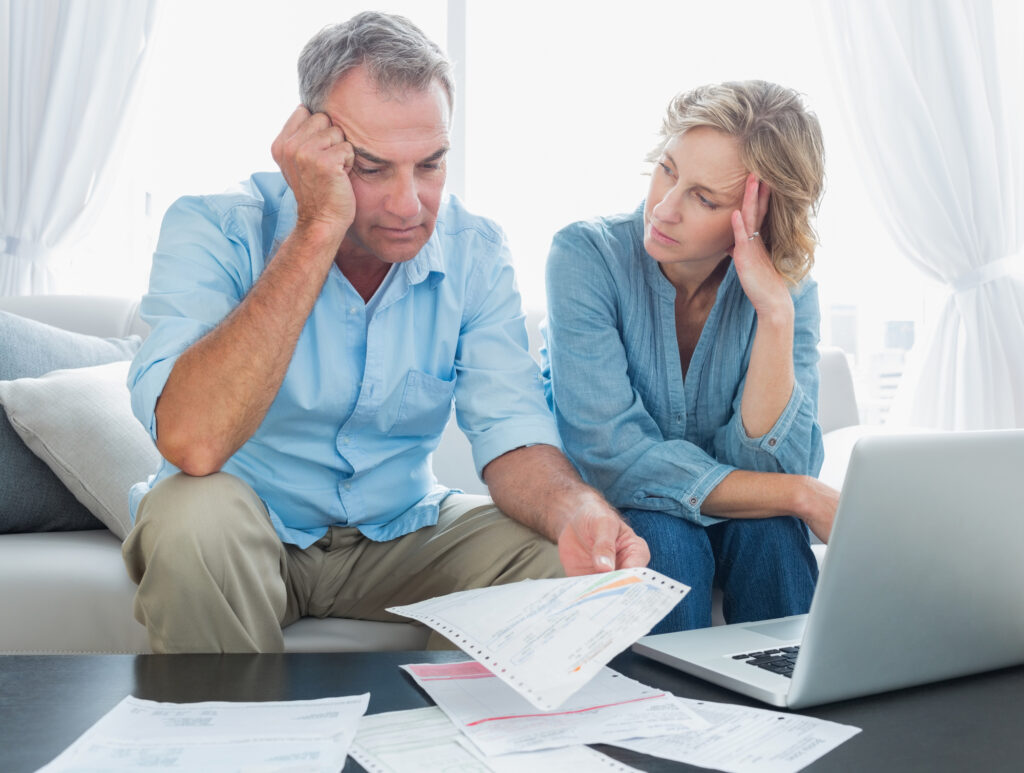All the financial experts say debt is bad.
Should I pay off my mortgage as early as I can?
Sooner or later, every homeowner begins to dream about the day when they own their home free and clear. No more mortgage payments…extra money each month to invest…what’s not to love?
Even financial experts like Dave Ramsey are known for singing the praises of ridding yourself of any and all debt—including your mortgage.
Whether this is a realistic goal or not, it leaves many homeowners wondering, “Should I pay off my mortgage early?”
Unfortunately, there isn’t a simple yes or no answer, but I can (hopefully) put your mind at ease about getting out of debt.
Don’t Bother
As a financial advisor, it is my professional opinion that there is no financial benefit to paying off your home.
I know; this flies in the face of everything you’ve ever been taught about money. But I can explain!
All homes—no matter what zip code they’re in or how much they’re worth—are illiquid assets. Even if you own a million-dollar mansion, you cannot access that $1 million without selling your house or borrowing your equity…which means going into debt. (Wait, weren’t you trying to get away from debt? So you mean to tell me you have to go into debt to get back your own money?)
Your home pays you no income, earns almost no interest, and has an appreciation rate about the rate of inflation. Furthermore, the value of your home does not change after it’s paid off.
I can already hear you saying, “But Richard, if I no longer have a mortgage payment, that’s extra money each month that I can put towards something else! Should I pay off my mortgage as quickly as I can and use that extra cash? Think of how much I’ll save on interest payments!”
Let me explain why that doesn’t make financial sense.
Let’s Look At the Numbers
This may surprise you, but there are far more lucrative investments than your home.
Say you purchased a home for $250,000. After 30 years of inflation (about 3% annually), that home is now worth more than $600,000. Not a bad return on investment, right?
But what happens if you took that same $250,000 and put it in a diversified balanced investment portfolio for 30 years (with an average rate of return of 6%)? You now have $1.4 million.
Sure, you could bust your hump for 20-30 years on an accelerated payment plan (or pin all your hopes on winning the lottery) or you could put that money to work for you.
Worried about all the extra interest payments you’ll make over the next 10-20 years? Don’t be. Interest rates are low these days (if yours aren’t, look into your refinancing options), so it isn’t doing as much damage as you think.
But…Life Is More Than Just Numbers
If you draw up an Excel spreadsheet and crunch the numbers, it will never make sense to pay off your home early. But people don’t live in Excel spreadsheets.
Each individual person (or couple, if you’re married) has their own emotions, risk tolerance, education, and a host of other concerns outside of just pure math to consider when asking, “Should I pay off my mortgage?”
To state the obvious, you might simply relish the idea of getting out of debt.
For most people, their home is the most expensive thing they will ever buy. The relief that comes from not having a mortgage payment can be a tempting reason to pay it off early.
Those who have managed to rid themselves of debt talk about how freeing it is and—if you’ve spent a good deal of your adult life in the debt cycle—that mental freedom is nothing to sneeze at.
Should I Pay Off My Mortgage Early?
“So Richard, should I pay off my mortgage or not?”
As a financial advisor (and fiduciary), I can’t tell you what to do in a blog post. Whether or not you decide to pay off your home is completely up to you and depends on a lot of different factors: your own comfort with risk, your goals for the future, and your income, just to name a few.
Chances are, you probably have a strong gut feeling about what you should do just from reading this article. But in the event you’re still on the fence, I would advise you not to worry about paying off your mortgage just yet.
Conclusion
There’s a lot to be said for staying out of debt, but there’s no need to make paying off your mortgage your primary goal (it should be retirement).
All other things being equal, I always recommend that you calculate mortgage payments, insurance, taxes, and cost of maintenance and simply buy a house you can afford. Keep your bills manageable and invest everything else.
When you’ve got a sizable nest egg at retirement, you can spend your days living however you want.
That’s financial freedom.



